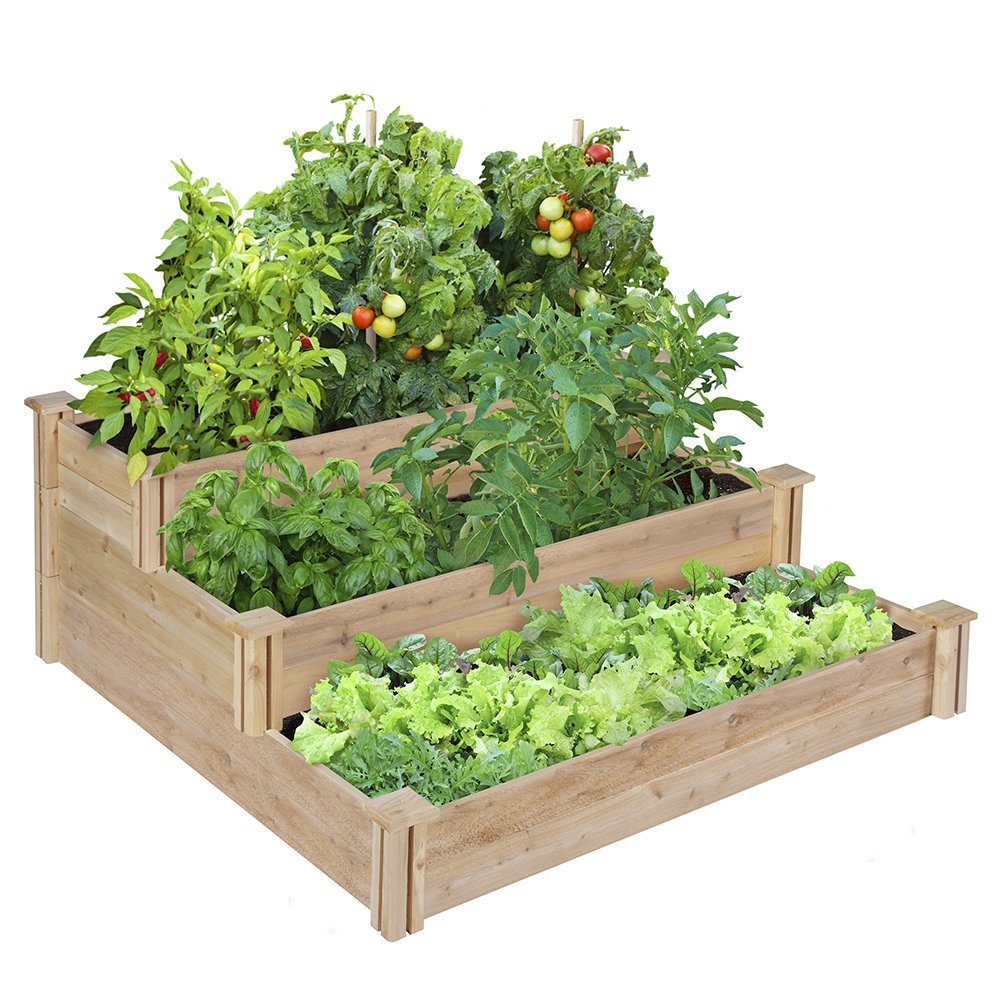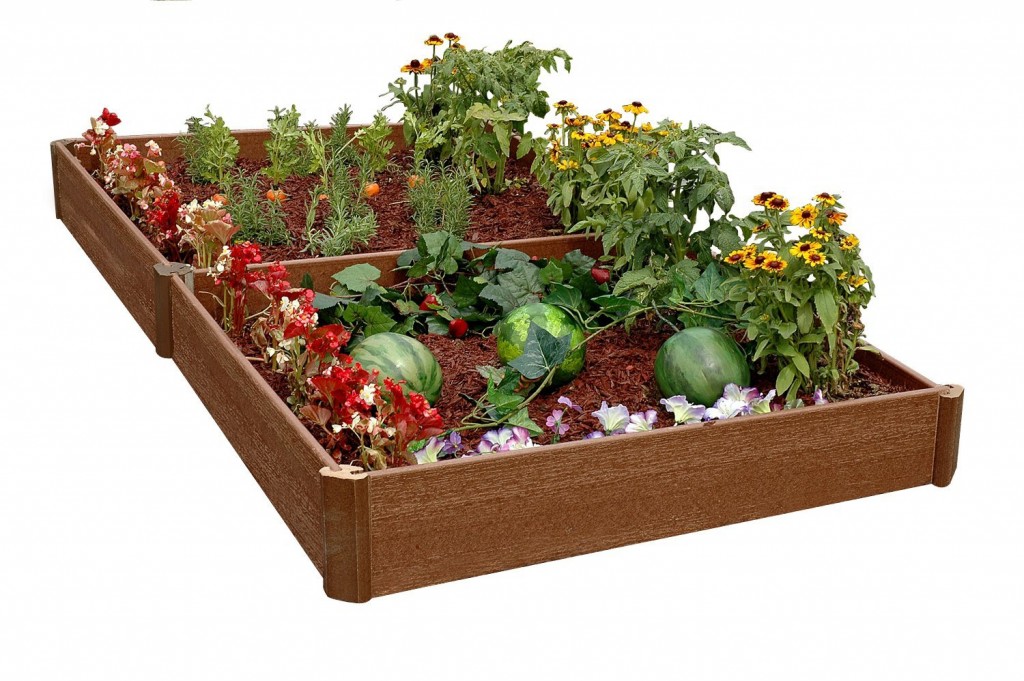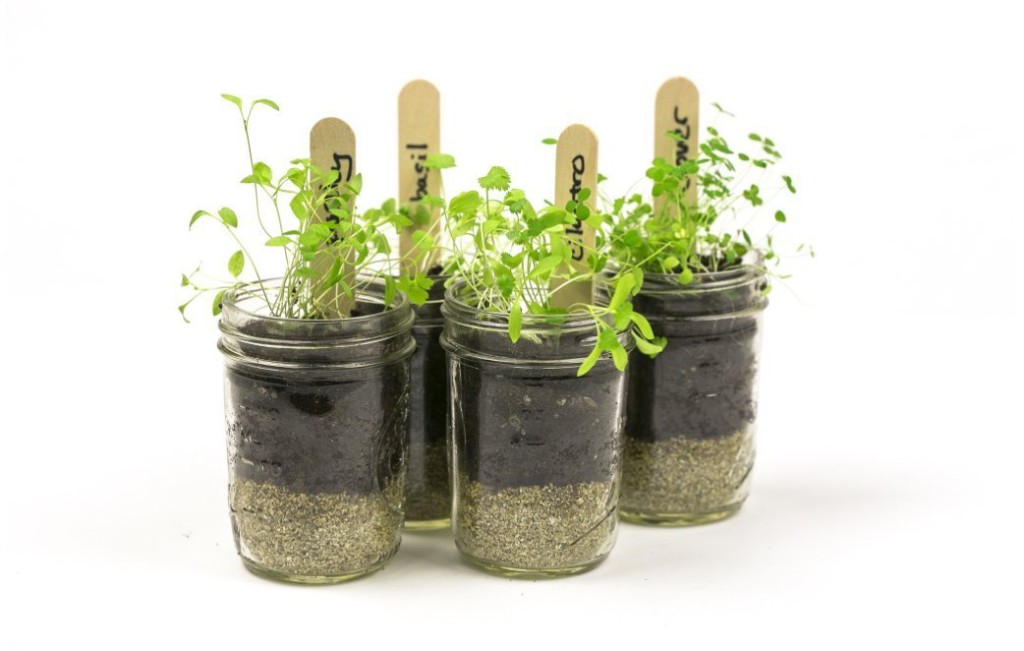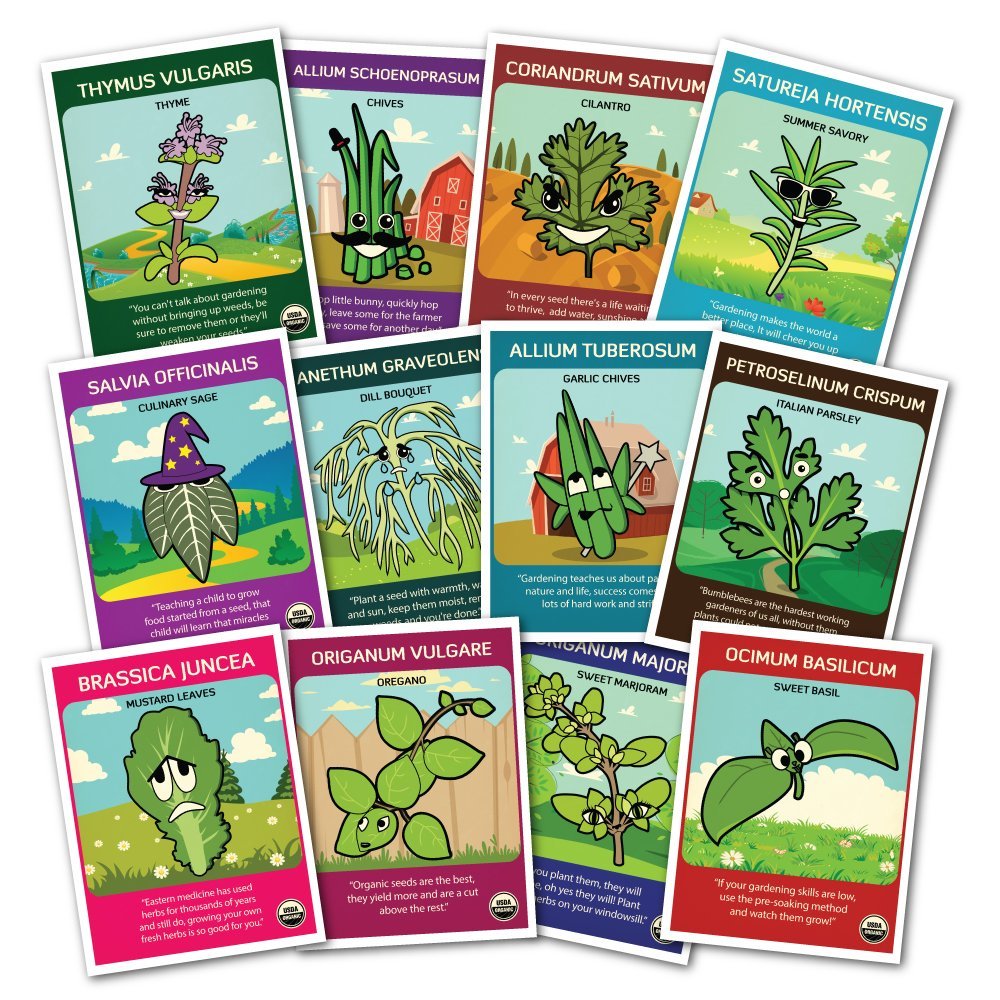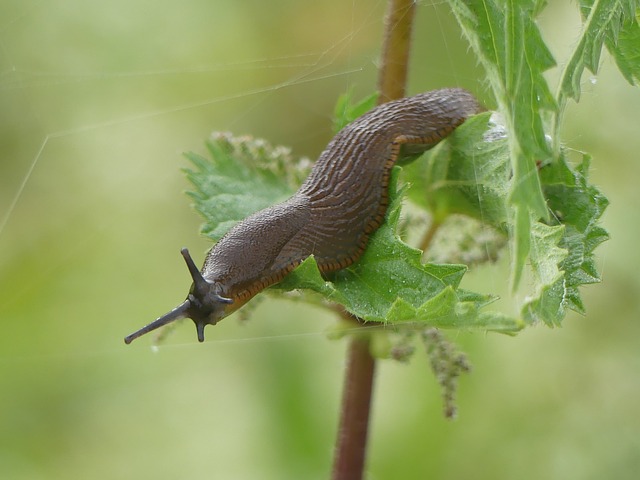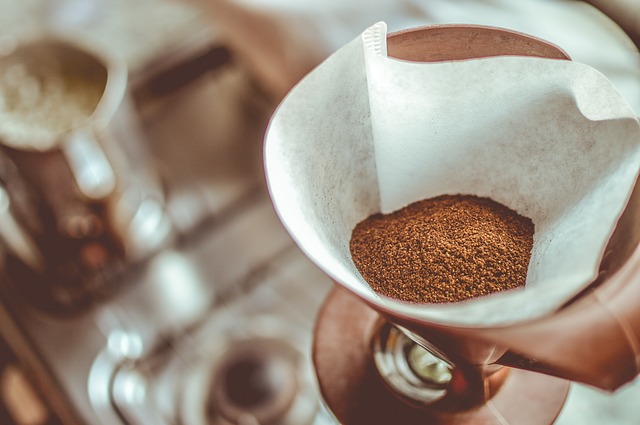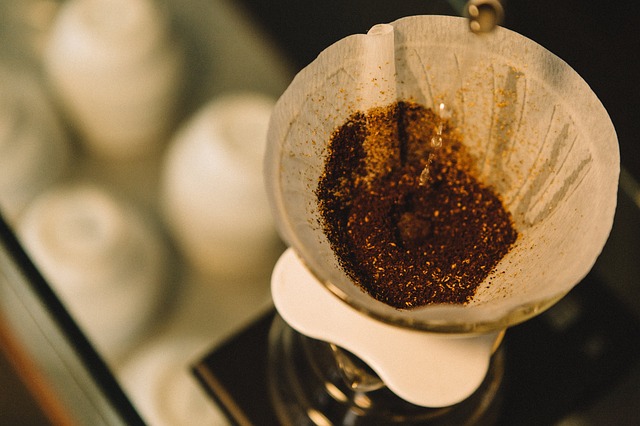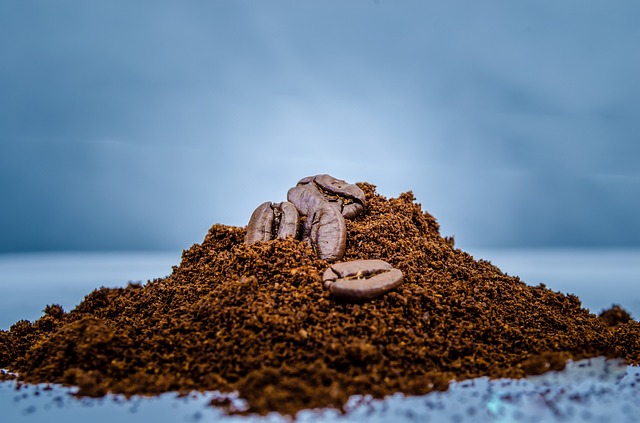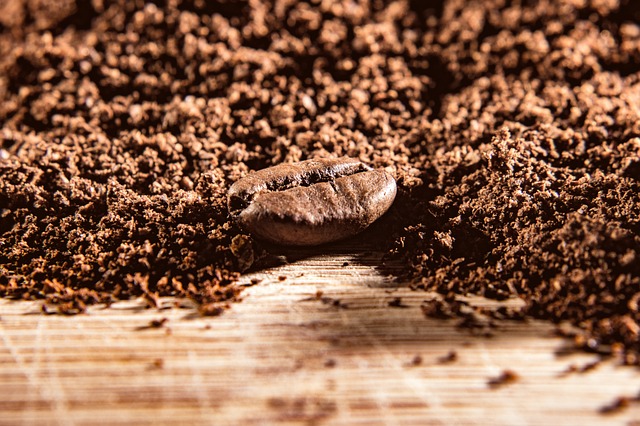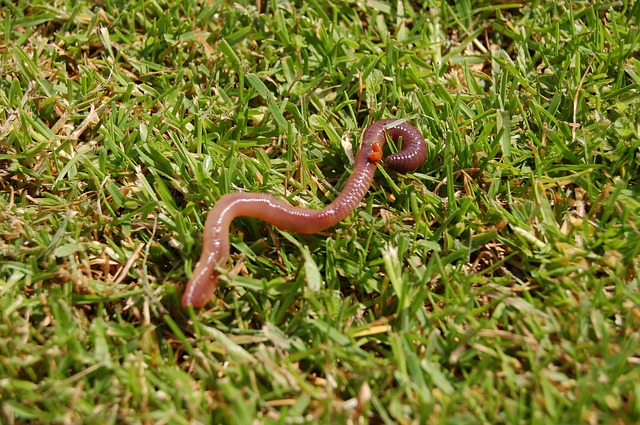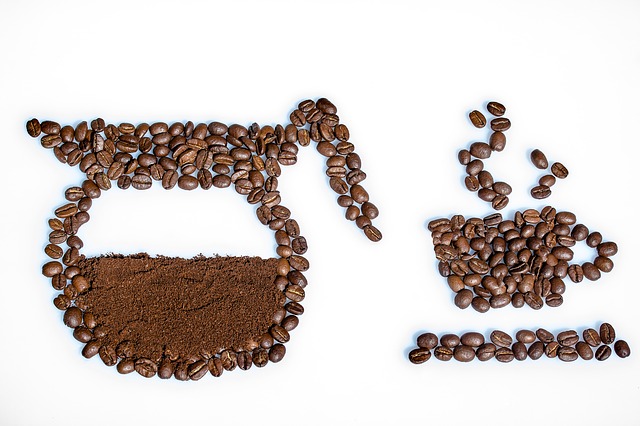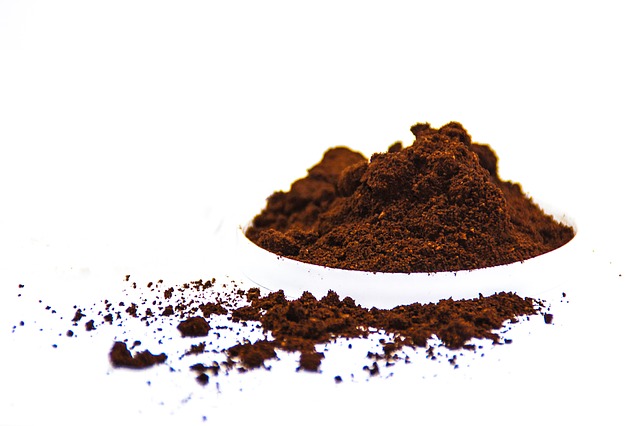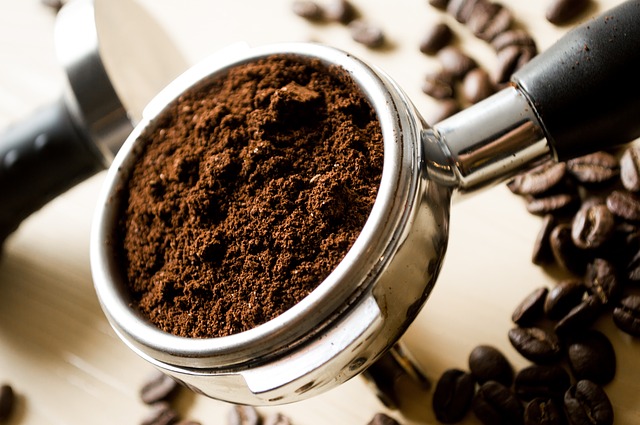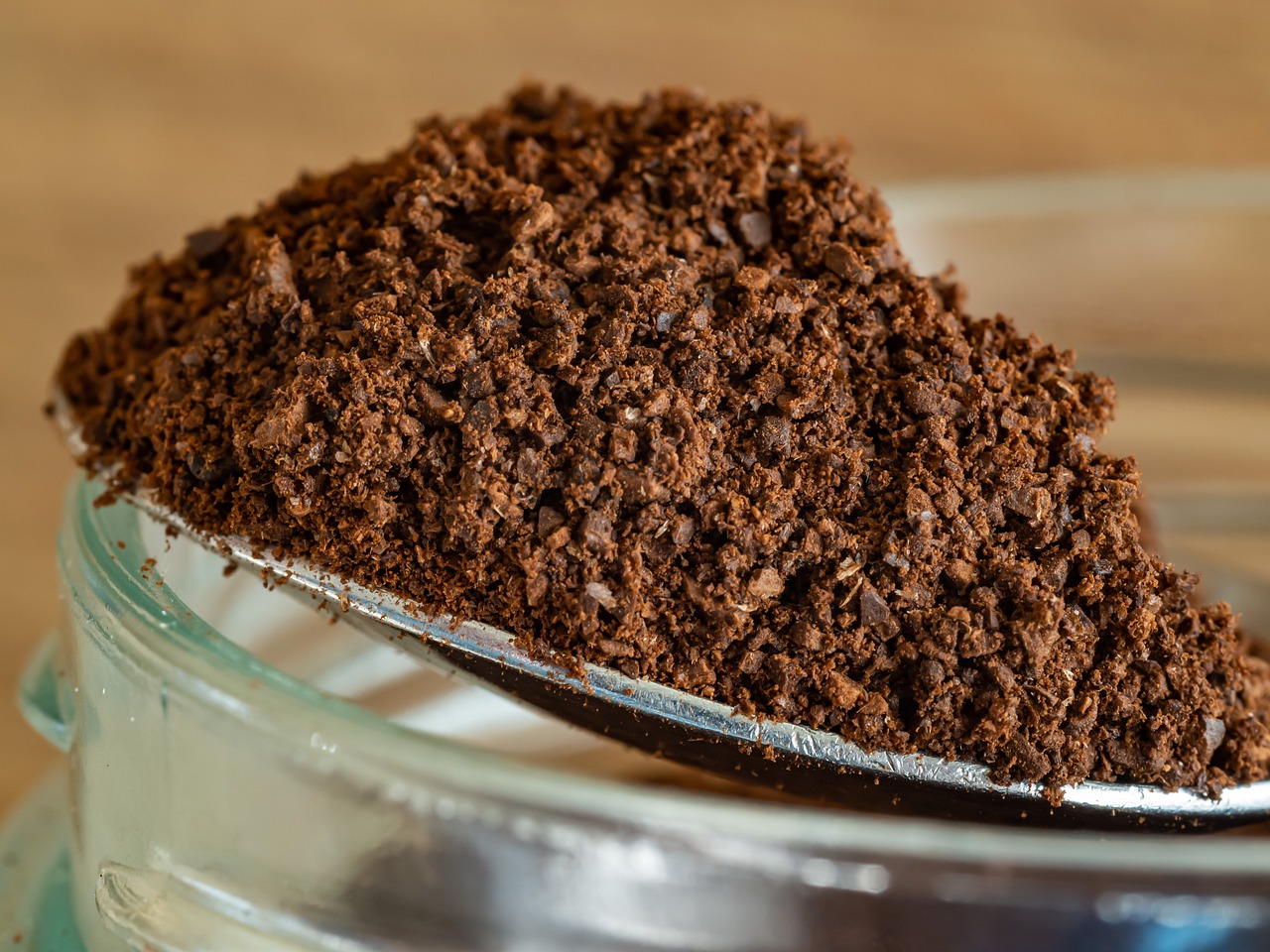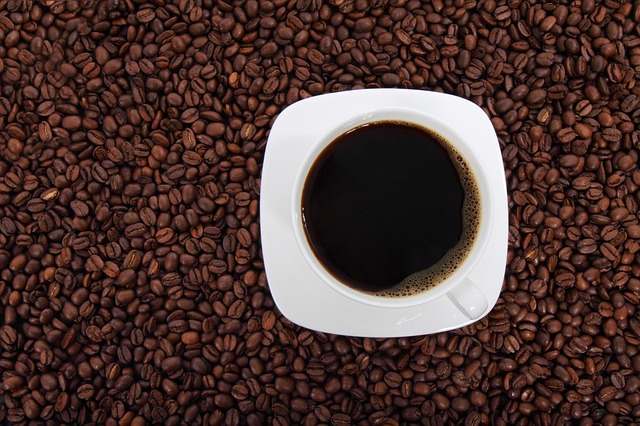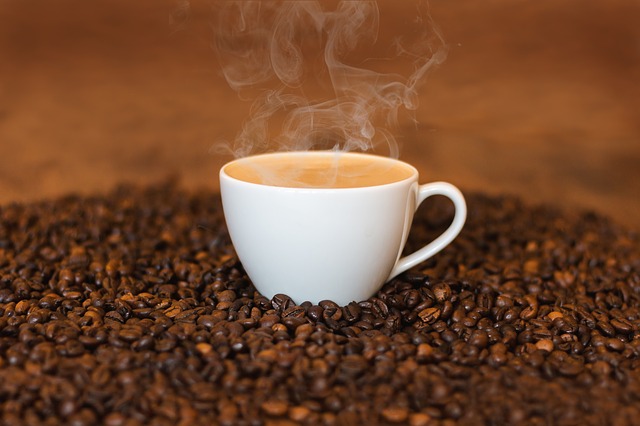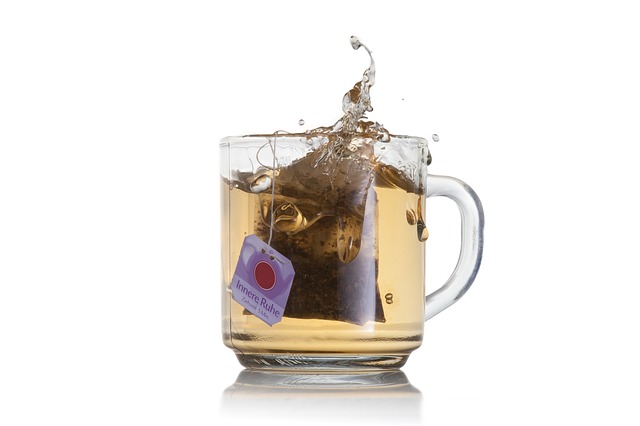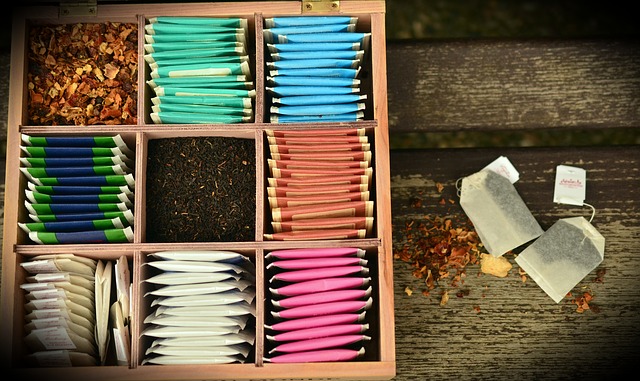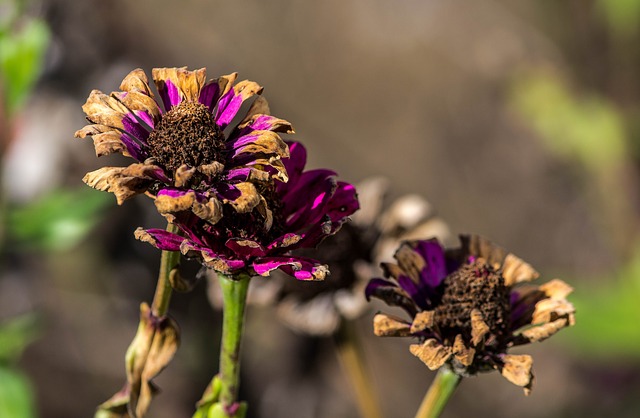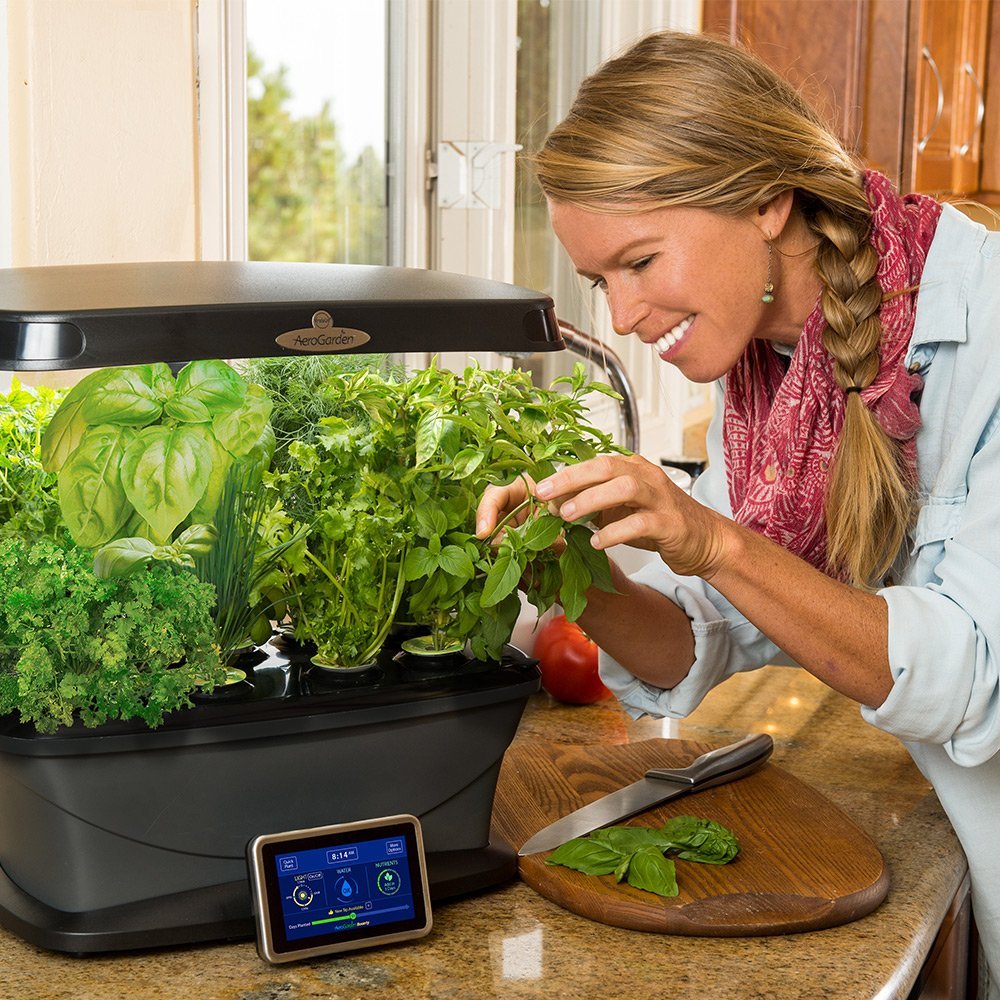
Within the last few years, both organic foods and farmers’ markets have exploded in popularity. This in turn has attracted many homeowners to the idea of kitchen gardens. While they were much more common years ago when growing your own food was the norm, today they really are making a comeback.
Why Get Started
So why would you want to incorporate a kitchen garden into your outdoor space? There are many reasons. Not only is the thought of growing your own food while learning and experiencing the process firsthand an exciting one, but it is perfect for parents of young children as well.
It can be invaluable and an incredibly fun lesson for kids about life, science, responsibility, and food in general. Just knowing exactly what was used to produce some of the food going into your body and where it was grown can also just be very comforting.
You don’t need to live off the land fully to experience the pride in knowing that one or more of the ingredients in a meal was created by you. But whatever your reason or reasons for considering one, there are a few things to know first.
Starting Out Right
When starting out, small is always the smartest way to go. And while it may be the only way to go for many people anyway due to space constraints, it really is much more convenient. Raised wooden planters around eighteen inches high are perfect. One of their biggest advantages is that you have complete control of the soil used.
You can build your own planters for very cheap or simply purchase one. Transforming them into a place to sit is as easy as installing two by six pieces of wood on top of the edges. Doing so can also be ideal for sitting while tending to your garden or just talking with friends and enjoying your yard.
Narrow-raised beds are better than wider ones as they allow you to work on them without having to physically get inside. You should try to keep it at most four feet in width.
If you don’t have the space for a bed, don’t worry you have other options. There are many vegetable and herb choices such as lettuce which can look great as a border in your existing garden. You can also mix others in amongst your plants. And don’t overlook pots either, you can use them to grow individual items and are actually the simplest way to get into kitchen gardening.
Things To Consider
Doing some research on what you would like to plant in your yard before getting started is always recommended. That way you can find out how much sun they will need and plan accordingly. You should also think about what is convenient for you.
Do you want to have your ingredients at easy reach close to your kitchen? Or would you prefer to have them further back? Many kitchen gardeners love the process of getting out in the yard and among their plants.
It’s totally up to you. Don’t forget to take any drainage problems or runoff areas into account either. Fixing them beforehand or avoiding them at the start will save a lot of time and wasted effort.
You don’t have to live in the country to enjoy the benefits of growing your own food. With even only a small space and a few pots, you can experience the pride and delicious taste of ingredients grown in your very own kitchen garden! Just be sure to follow the tips mentioned above so you can start out right.
Start Shopping for Kitchen Gardens!
Does Copper Tape Stop Slugs?
Does copper tape stop slugs? The answer is yes. And you can use this simple solution to keep your plants safe from those slimy plant-eating pests. Repel Slimy Garden Invaders Without Harm Despite being relatively small and very slow-moving, slugs can do a lot of...
Coffee Grounds For Flowers
For many of us, there’s nothing we’d rather do than relax with a cup of coffee near the flower garden. Most people don’t realize however that the grounds used to make our coffee can help to increase the health and beauty of our garden. Here’s what you’ll need to know...
Coffee Grounds For Roses
Using coffee grounds for roses is a fabulous way to improve the health of your plants, helping them to produce those gorgeous flowers you’ve been dreaming of. But there are a few things you’ll need to know before getting started. Conditions Roses Prefer Roses do best...
Do Roses Like Coffee Grounds?
Do roses like coffee grounds? This is something many gardeners wonder about, especially since feeding roses coffee grounds has been a practice that’s been around a very long time. The answer is yes they do, and here’s what you’ll want to know. Roses And Acidic Soil...
How To Use Coffee Grounds For Grass
You’ll want to think twice before you toss your used coffee grounds in the trash every day. Those grounds can actually be used to feed and increase the health of your lawn. Here’s everything you’ll want to know about using coffee grounds for grass. Advantages Of...
Are Coffee Grounds Good For Grass?
Are coffee grounds good for grass? The answer is yes, so you may want to think twice before throwing away your used grounds after your morning cup of coffee. Instead, you can put them to work helping increase the beauty of your lawn. Benefits Of Using Coffee Grounds...
Are Worms Good For Your Lawn?
Despite their slimy looks worms are well-known for being very helpful in the garden. But are worms good for your lawn? You bet they are, and here’s why! Aeration As worms travel from place to place in the soil below your lawn, they create a maze of tunnels. And those...
How To Use Coffee Grounds For Snails
You don’t have to kill those annoying garden snails in order to keep them from eating your plants. In fact, you can use your morning coffee as a non-lethal weapon against them. When they come into contact with your coffee grounds snails will turn right around and...
How To Use Coffee Grounds For Ants
There are endless sprays and poisons you can use to get rid of ants. However, you won’t have to look any further than your morning cup of coffee if you’d like a repellent that doesn’t contain any harmful chemicals. By using coffee grounds ants will stay away and kids...
Which Plants Like Coffee Grounds?
While using coffee grounds in the garden offers quite a few benefits, they can be slightly acid and therefore not appropriate for all plants. So which plants like coffee grounds? Here’s what you’ll need to know. The Basics Of Coffee Grounds Coffee grounds contain...
Coffee Grounds And Hydrangeas
While many people love their hydrangeas, they often would love them even more if they were blue. Luckily the grounds from your morning cup of coffee can help you to achieve those gorgeous blue blooms. Here’s what you’ll need to know about coffee grounds and...
Coffee Grounds For Worms
Worms are an extremely helpful component of any compost bin or pile, not to mention worm farms. And it turns your morning cup of coffee can contribute to their diet. Using coffee grounds for worms is an easy way to keep them from heading to the local landfill while...
Using Coffee Grounds In The Garden
Your morning cup of coffee can help you to not only start your day off right, but in the garden as well. The grounds used to make it have many important properties that are ideal for both plants and soil. By using your coffee grounds in the garden you’ll be able to...
Using Coffee Grounds In Compost
It’s estimated that over two billion cups of coffee are consumed around the world each and every day. And that’s an enormous volume of grounds which are used and then tossed in the trash. By using coffee grounds in compost instead, you can help cut down on waste and...
Used Tea Bags In The Garden
Many people don’t realize that once you’ve had a cup of tea, your tea bag can be used again in quite a few other ways. There are actually many great uses for used tea bags in the garden. And here are some of the best! Free Natural Fertilizer The tea leaves and...
Used Tea Bags In The Compost
The next time you have your daily cup of tea, you may want to think twice about throwing that tea bag in the trash. Instead of contributing extra waste to landfills, you can help the environment and your garden by placing used tea bags in the compost. But before you...
5 Eco-Unfriendly Things You Do That Kill Your Garden
Any budding gardener out there wants to do the best for their garden and their plants. But are you accidentally causing it harm? Here are five eco-friendly things you do that kill your garden: Buying Plants that Contain Pesticides You may not use pesticides yourself...
7 Reasons You Need to Start Gardening Now
Looking for a fun hobby to help you relax? Get outside and get to work in a garden. Gardening has a variety of benefits for your mental, physical and spiritual health. Wondering how tending to plants can help you tend to your health? Here are seven ways gardening can...
Quick Tips To Speed Up Compost Times
Compost is an excellent soil conditioner and natural fertilizer. However, it can take quite a while for it to break down into a form that you can use. Luckily there are a handful of simple things you can do to help speed up compost times without much effort. Size In...
6 Common Types Of Soil Deficiency And How To Solve Them
Unfortunately, not all soil has the nutrients that plants need to grow and thrive. In some cases, it may be lacking in one area or another and therefore need a boost. Here are the most common types of soil deficiency and the best ways to deal with each of them....
